It will not hurt citizens to know that legal proceedings are a procedure for initiating, considering and resolving civil, criminal and other cases. Certain rules are established by special procedural codes. Even the simplest case, starting from the moment of its initiation and ending with the deadlines for execution, cannot in any time period be in an arbitrary state.
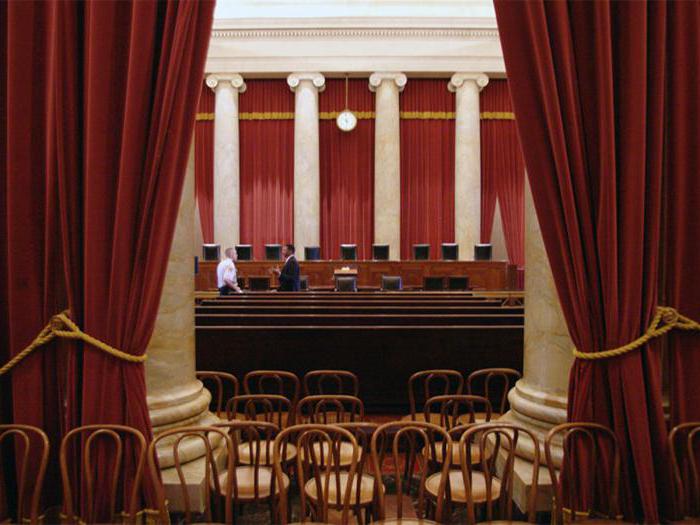
What is legal proceedings?
From the very beginning of the advent of law, it became clear that it was not enough to establish certain norms and rules in society. It is necessary to carefully consider the procedure for actions in violation of them. However, non-compliance with laws can lead to completely different consequences in terms of hazard level.
Thus, legal proceedings are a procedural activity, which can be:
- constitutional;
- criminal;
- administrative
- civilian.
The norms of proceedings in each direction are set by their own. They can be very different from each other, since completely different tasks are set. It is the sphere of activity that determines the specific status, as well as the level of rights and responsibilities of participants.
Constitutional direction
Constitutional proceedings are activities that are under the jurisdiction of the Constitutional Court of the Russian Federation, which occupies a special position among other state bodies. Its main purpose is to carefully monitor decisions made, signed acts and committed actions. They must fully comply with the norms of the Constitution of the Russian Federation.
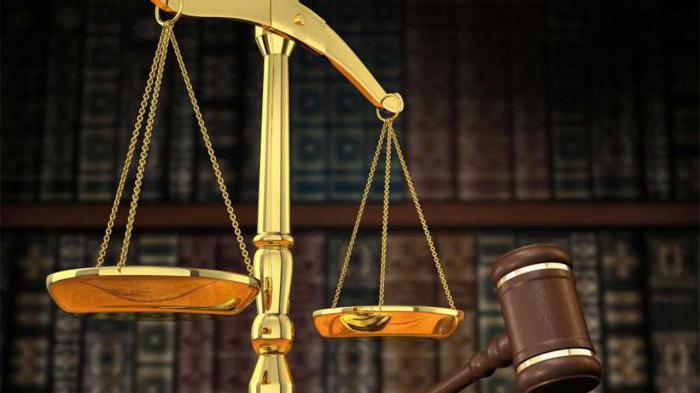
The decision of this court is final and not subject to appeal. Confirmation by other authorities is not required. Moreover, when a normative act is recognized as not complying with constitutional norms, the state structure or officials are obliged to raise the issue of adopting a new document containing the basic provisions for cancellation.
Civic activities
The largest number of regulations contains civil proceedings. The court in this case deals with labor, family, contractual and many other legal relations. In connection with the field of activity, cases are usually heard in arbitration or federal courts within the framework of general jurisdiction. The rules for conducting civil proceedings are reflected in paragraphs of the agro-industrial complex and the civil procedure code of the Russian Federation.
Criminal proceedings
An important role in the life of any country is played by criminal proceedings. The judicial authorities in this case must resolve issues in the area of the most dangerous offenses. In Russia, activities related to serious crimes are regulated directly by the Code of Criminal Procedure of the Russian Federation.
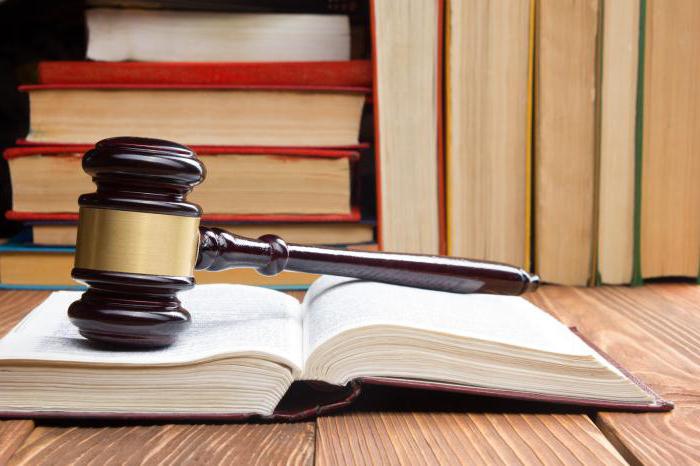
They depart from it only in one case when an international treaty establishes fundamentally different rules than those reflected in this Criminal Code. This is reflected in the same paragraphs of the Code of Criminal Procedure. No other regulatory documents exist.
Administrative field
In this activity for a long time there was no single code of legal procedure that clearly regulates the main provisions. The basic rules and norms are reflected immediately in three documents - Code of Civil Procedure, Agribusiness and Administrative Offenses of the Russian Federation. However, in 2015, the new Code of Administrative Procedure of the Russian Federation began to operate, which addresses many points. However, a significant portion of the issues remain outside the scope of this document.
Administrative proceedings are designed to regulate offenses that are not included in the category of criminal law.It deals not with crimes, but with misconduct that is harmful to society, and not dangerous. However, such a division is conditional and rather unstable. It also happened that over time administrative offenses were classified as crimes and vice versa.
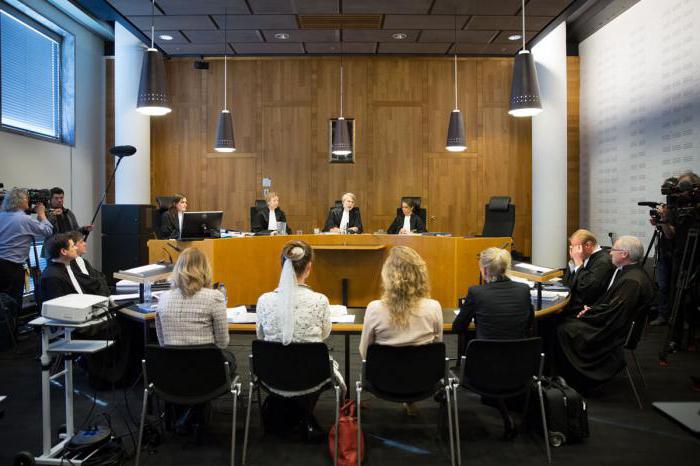
Fundamental points
There are universal principles of judicial procedure that apply to all courts without regard to their level or authority. They are as follows.
- Before the law and the court, all citizens are equal, regardless of political beliefs, religion, social status in society and other factors. Discrimination cannot be tolerated.
- The hearing should be public, to provide an opportunity for any interested person to attend. However, the proceedings may be closed if there is a risk of disclosure of state secrets.
- When considering a case, one cannot do without the process of competitiveness and equality of participants. All parties to the proceedings provide evidence and file motions in the same manner.
- If necessary, the participation of citizens of the country in the administration of justice is allowed. They can take part in the trial as a jury, thereby controlling the activities of law enforcement agencies.
- The essence of the procedural actions should be understood by the accused, therefore, in case of lack of knowledge of the state language, they will be obliged to provide an interpreter.
- Suspected offenders are entitled to rely on qualified legal assistance. They are provided with a lawyer immediately after being charged.
With regard to industry principles, they are intended for use in various fields of judicial activity. These points are clearly reflected in legislative acts.
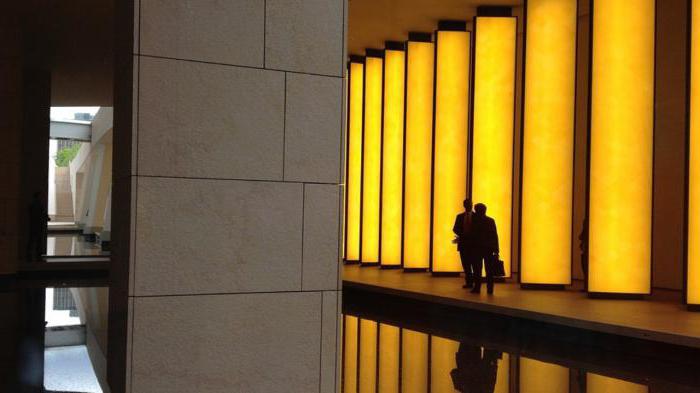
Litigation
The structural unit of the court determines the procedural competence.
Instance | Description |
First | It deals with cases for the first time and on the merits. In state bodies of general jurisdiction, all courts belong to this category, and in the arbitration system - FASS and VASS of the Russian Federation, as well as intellectual property units. |
Appeal | It examines the complaints of civilians and the submissions of prosecutors who have not entered into force after the verdict of the first instance. Of the organs of general jurisdiction, only lower level courts do not belong to such. In the arbitration system, it is the FAAS of the Russian Federation. |
Cassation | It is engaged in reviewing the decisions made in order to determine the validity. If we talk about bodies within the framework of general jurisdiction, then they include the courts of military districts and constituent entities of the Russian Federation. In the arbitration system, it is the FASO. |
Supervisor | Revises the verdicts that have entered into force, lower instances. The role of oversight is performed exclusively by the highest-level authority - the Supreme Court of the Russian Federation. |
To a certain extent, the instance for reviewing cases related to newly discovered circumstances is isolated. Her responsibilities include reviewing decisions that have already entered into legal force, based on new facts and emerging evidence. The review of the case is carried out by the judiciary, which made a revised decision regarding a particular proceeding.
Final part
The judges themselves can directly be considered as participants in the proceedings, who will make a decision on the basis of legal acts and decisions, the defense and the prosecution, as well as other persons related to the proceedings or not.
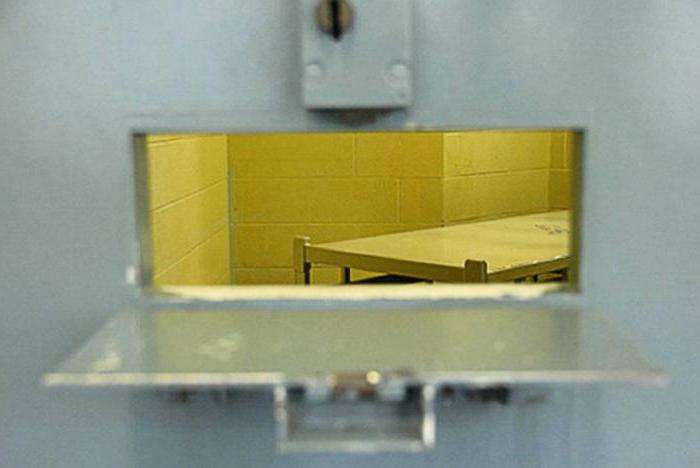
The latter category may include witnesses, experts, translators or specialists in a particular field of knowledge. They usually provide direct assistance to justice.